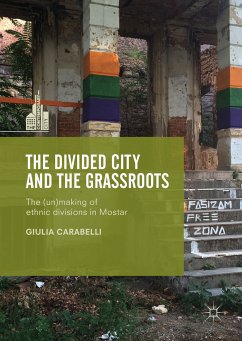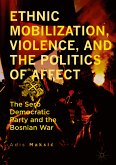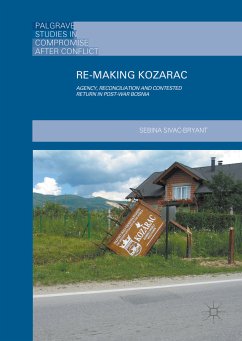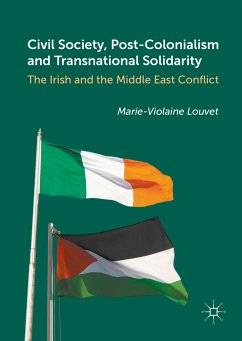Focusing on Mostar, a city in Bosnia Herzegovina that became the epitome of ethnic divisions during the Yugoslav wars, this cutting edge book considers processes of violent partitioning in cities. Providing an in-depth understanding of the social, political, and mundane dynamics that keep cities polarized, it examines the potential that moments of inter-ethnic collaboration hold in re-imaging these cities as other than divided. Against the backdrop of normalised practices of ethnic partitioning, the book studies both 'planned' and 'unplanned' moments of disruption; it looks at how networks of solidarity come into existence regardless of identity politics as well as the role of organised grassroots groups that attempt to create more inclusive; and it critically engages with urban spaces of resistance. Challenging the representation of the city as merely a site of ethnic divisions, the author also explores the complexities arising from living in a city that validates its citizens solelythrough ethnicity. Elaborating on the relationships between space, culture and social change, this book is a key read for scholars, students, and urban practitioners studying ethnically divided cities worldwide.
Dieser Download kann aus rechtlichen Gründen nur mit Rechnungsadresse in A, B, BG, CY, CZ, D, DK, EW, E, FIN, F, GR, HR, H, IRL, I, LT, L, LR, M, NL, PL, P, R, S, SLO, SK ausgeliefert werden.









